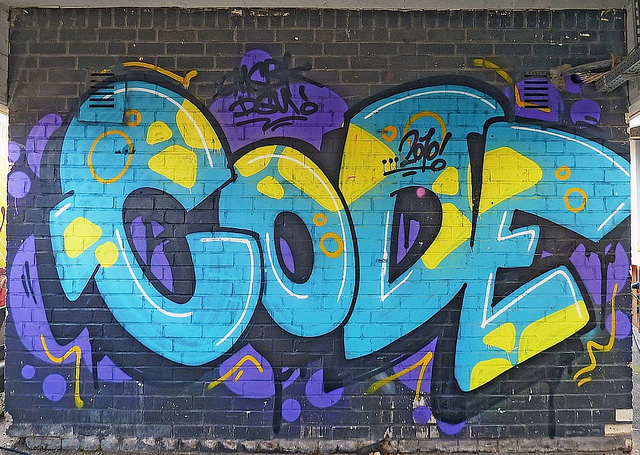
First of all, I just want to say, I’m not a crank. However, I found the bells and whistles that went along with the Paul Ford Article to be next-level annoying. It reminded me of things we thought were cool in 2002. There’s a lesson in there, I’m sure of it.
As I went through the readings, I began to appreciate the many different nuances and aspects of code. Code is a language, in that it instructs and conveys information. It is also a framework, in that it provides a way in which to categorize and organize elements in a way that makes those elements more widely understood.
Code as language and as framework, can also be used to unpack the contexts within and adjacent to those elements. For example, in Shawn Wen’s “The Lady Vanishes” the author writes of the often downplayed contribution of women in computing and technology. As framework, one could look at this as being in step with with historical relegation of women to a lower class of citizen who was not thought of as capable of this type of thing. As language, one could perhaps, look at this as men trying to keep women from excelling in the knowledge domains that they believe to be theirs to reduce competition.
Overall, in terms of code and people, I started to think about how it was just another type of labour that may have once been specialized but then became ubiquitous and therefore cheap. Both the Paul Ford and the Shawn Wen articles talked about the underlying power that those who enable code have, in that they have the power to control how our world works. Not unlike the monks who used to transcribe holy texts, the coders and their enablers have the power to make change in small and incremental ways. The underlying code has the real power, while the rest of us think that the power is in what we see in front of us.
But like any language or framework, eventually it evolves as the world around it grows and renders the old ways of describing things antiquated. The Ford article touches on this, in a discussion about what the kids today are learning. As the world evolves round us, what we are expected to know by default can sometimes be taken for granted.